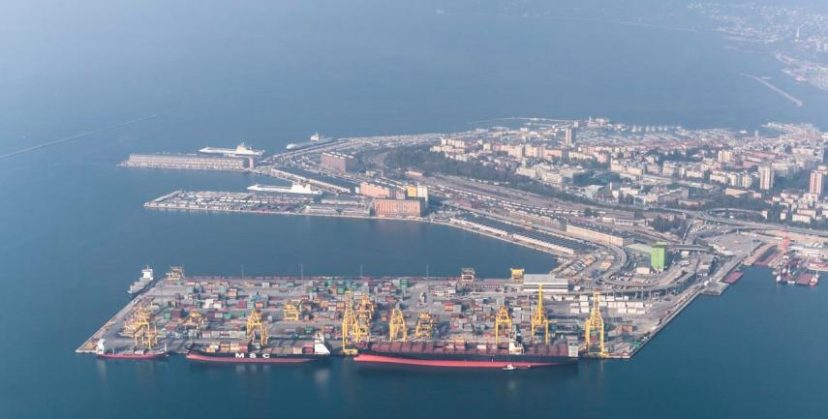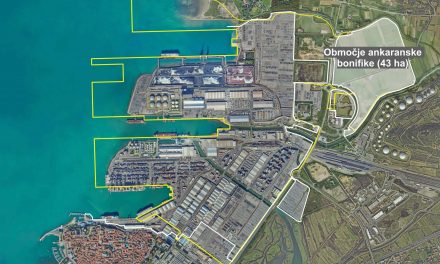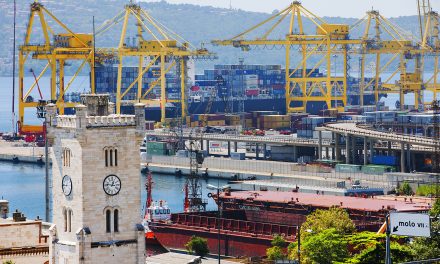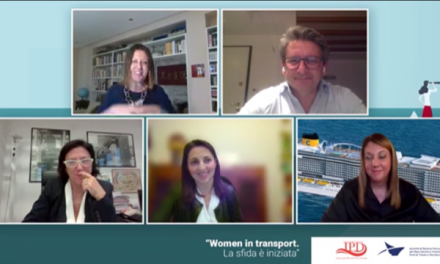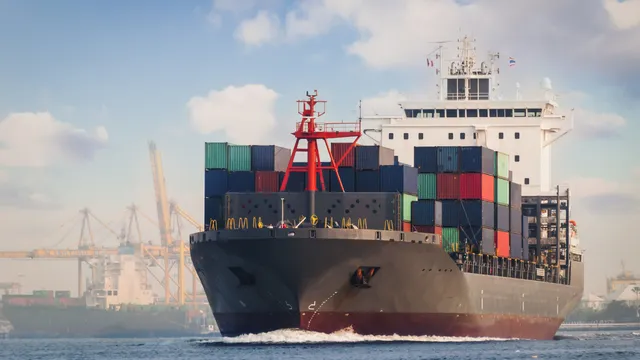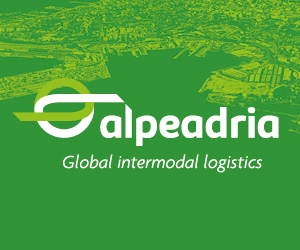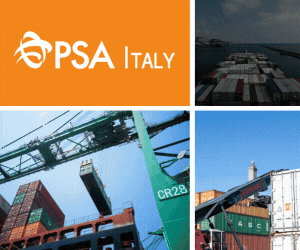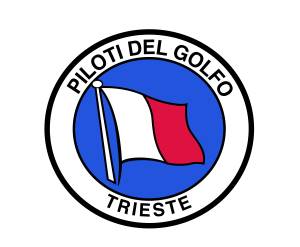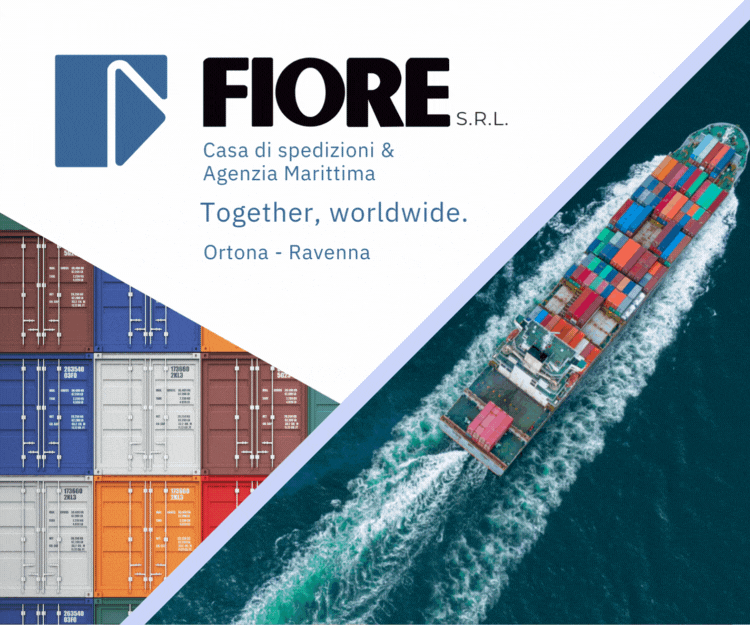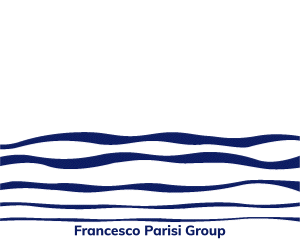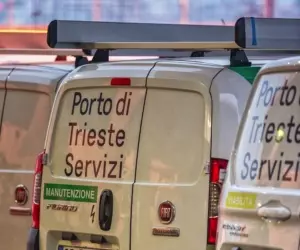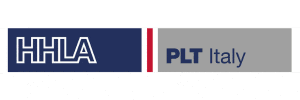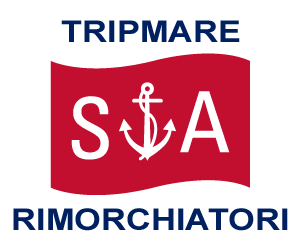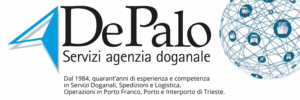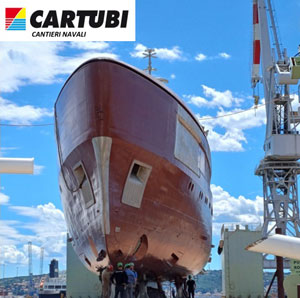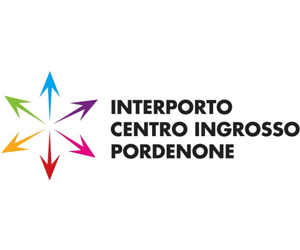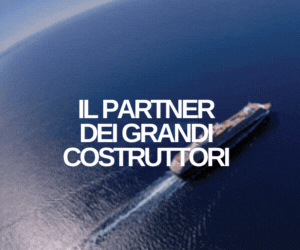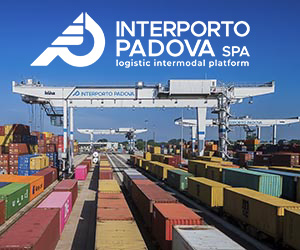TRIESTE – The Council of State has confirmed a previous judgement of the Regional Administrative Tribunal of Lazio, which rejected the appeal of the major operators of the port of Trieste against what was considered an unjustified increase in port fees.
The matter is long-standing but, beyond the merits, it should be noted that the Council of State recognizes the speciality of the International Free Port of Trieste and, in particular, of that Annex VIII to the Paris Peace Treaty of 1947, never fully applied.
In 2012 a ministerial decree of adjustment of taxes and fees had established in 75% of the inflation rate the quota for domestic ports and 100% for that of Trieste. The decree was opposed by the Association of Freight Forwarders of the Port of Trieste, Confindustria Trieste, Associazione Agenti Marittimi del Friuli Venezia Giulia, SIOT, Trieste Marine Terminal, Samer & Co.Shippng, Francesco Parisi Casa di Spedizioni, Agenzie Marittime Riunite, Pecorini Silocaf, Santandrea, B.F.B. Casa di Spedizioni, Korman Italia, Tergestea Casa di Spedizioni and General Cargo Terminal. The Trieste Port Authority appeared in court.
The Lazio Regional Administrative Court rejected the appeal in March 2014.
In the second instance, the Council of State has, in fact, confirmed what had been established by the Tar and rejected the arguments of the applicants, who referred, among other points, also to alleged unconstitutionality of the rule, but especially to the particular discipline relating to the “free port” of Trieste and the violation of articles 5 and 9 of Annex VIII to the Treaty of Peace of 1947 and art. 6 of the Decree of the General Commissioner of the Government for the territory of Trieste n. 29/1959.
The difference in the adjustment of maritime taxes and duties (of 100% of the official inflation rate for Trieste and 75% for the other ports) was due to a previous halving of taxes for the port of Trieste and the consequent need to equalize the difference.
According to the Council of State, which recognizes in the judgment what is contained in the above mentioned Annex VIII, the rules do not prohibit the State from changing the taxation, providing however a correlation between taxes and services provided.
“… it should be noted that, although the regulations referred to have assigned a particular role to the port of Trieste, they cannot be interpreted in such a way as to preclude any possible adjustment to the amounts of taxes and maritime duties because of the discounting of the rate of inflation. In general, the adjustment responds in fact, as well as to reasons of adequacy and proportionality, to a principle of constitutional rank – we read in the judgment – connected to the constraint of balanced budget (see art. 81 and 97 Const.), not being able to accept a taxation not anchored to the actual economic situation”.
Basically, according to the Council of State, the amendment made did not affect the title of payment, but only the adjustment of port fees to the rate of inflation, among other things, with a gradual application and after about twenty years since their establishment. “With the result that the principle outlined in Articles 5 and 9 of Annex VIII of the Treaty of Peace of Paris of February 10, 1947, which provided that in the port of Trieste – still reads the act – you could not require payments that were not the consideration for services provided and the tariff should be maintained at a reasonable cost and be a function of the cost of operation, administration, maintenance and development”.
Stefano Visintin, president of Confetra FVG, said: «The problem, beyond the judgment in its detail, is always the one that emerged in other circumstances. The Italian State has to recognize, with its own rules, the details of the speciality of the International Free Port of Trieste. In short, we ourselves must ensure that there can be the effective application of the provisions of the 1947 International Treaty».
Trieste, port operators defeated in court, but Council of State recognizes Free Port speciality
